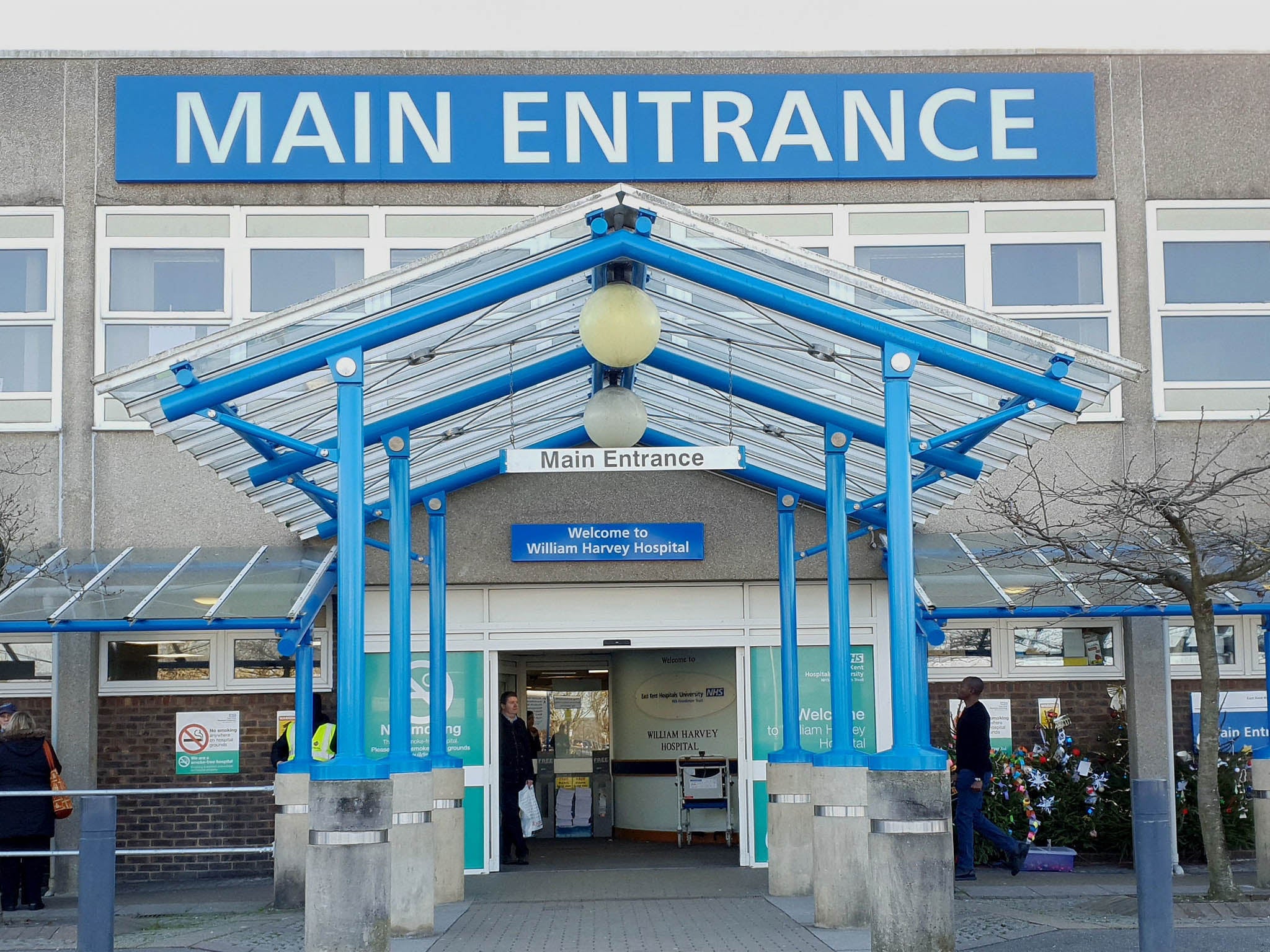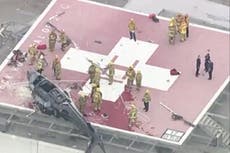Coronavirus has exposed a number of problems with the NHS – skills and funds must be better distributed
Delivering vaccinations will be a monumental logistical and human effort – there is a long way to go before the NHS will be released from the virus’ grip


We are right to celebrate the development of a Covid-19 vaccine. It is a positive and much-needed sign of progress to brighten an increasingly bleak national picture. But despite signalling the potential end to the reign of coronavirus, a vaccine is only the beginning when it comes to fixing the problems facing our overburdened National Health Service.
The NHS was struggling to cope before Covid struck, so the scale of the crisis quickly widened the cracks. It has highlighted the communication silos that slow progress between community care services and hospitals, and exposed the red tape and inefficiencies that exacerbate staff shortages and waiting lists. Clinicians are exhausted, patients are being let down, and the situation is set to worsen, as GPs scale back care to ramp up the vaccination programme.
The expectation is that GPs will start to deliver vaccinations as early as December. It will be a monumental logistical and human effort, consuming hundreds of hours of clinical time. We’re incredibly lucky to have so many skilled individuals poised to deliver this essential function. But stretched GPs will be forced to funnel yet more resources into the Covid response, worsening backlogs and reducing already limited community care provision.
More public money (in excess of £150 million) will be spent reacting to the crisis and bolstering our defences. This is essential expenditure, but we also need funds to simultaneously start building a brighter and better functioning future for the NHS. Covid might become more manageable once enough of us are vaccinated, but there’s a long way to go before the NHS will be released from the virus’ grip.
There are things NHS Trusts can do immediately, however. Skills and funds can be better distributed to provide greater support to the patients in most need, including those waiting for cancer treatment or referrals to mental health services. New digital solutions – from remote consulting platforms, to staffing and secure communications tech – can also be invested in to improve access to care, as well as streamline how it’s delivered and digitise patient lists and records. Not only would this speed up care, but it would reduce the administrative burden on NHS staff, so they can spend more time doing what they do best: looking after patients.
Increased pressure on the system has also exposed the shortcomings in our triage and communication networks. Patients are still being sent to A&E or outpatient appointments when a community service might be more appropriate. For example, if a patient is concerned about a new mole, a GP could send a photo to a local dermatologist, who could advise on the best course of action remotely, without requiring that patient to visit hospital.
NHS Trusts must leverage the new triage technology at their disposal, to improve knowledge-sharing between GPs and hospitals and bring more care into communities. This will significantly ease pressure on hospitals at a critical time. In the One Gloucestershire Integrated Care System, the use of smarter triaging has helped to reduce unnecessary A&E attendances by 83 per cent. GPs and paramedics are being supported by remote specialists to manage more patients outside of hospital.
Trusts must also refocus their attention on the most vulnerable patients in their care. Covid-related delays are worsening pre-existing health inequalities, and mental health, obesity and disabled care services have been dangerously de-prioritised during the pandemic. We must find new ways to care for these patients, while pushing forward with the vaccination programme. This can also be achieved by improving digital access: leveraging telehealth and remote care to ensure vulnerable patients can continue to access the treatment they need.
Our healthcare workers themselves are another crucial piece of this complex puzzle. Without them, we have no NHS. Without them, we have no hope of recovery. But in the throes of the most debilitating health crisis in the NHS’ history, the prognosis is looking increasingly grim for the individuals at its heart.
Preliminary research has shown increased instances of depression, anxiety and insomnia in frontline workers, who have been up against the pandemic since March. A recent Doctors’ Association survey found that more than 1,000 doctors have seriously considered quitting this year, with 45 per cent of those asked citing the crisis’ impact on their mental health. Gruelling 12-hour shifts, exhaustion and burnout are also leading growing numbers of nurses to quit within three years of joining the profession.
People-focused reform is needed – real-terms pay rises, free parking, shorter shifts and a supportive culture with better mental health support – or else hospitals will face worsening workforce shortages, at a time when trained clinical staff have never been in higher demand.
The vaccine announcement has brought hope to millions, but now is not the time for complacency. True celebrations will only be in order once spiralling patient backlogs have been brought under control, when the most vulnerable members of our society are receiving the care they need, and when the cries for help and compassion from our NHS staff are being heard.
We are on the cusp of successfully defeating Covid-19, but now it’s time to rebuild and ensure the aftershocks of the pandemic do not defeat our embattled NHS.
Owain Rhys Hughes is an ear, nose and throat surgeon, and founder of the referral advice platform Cinapsis
Join our commenting forum
Join thought-provoking conversations, follow other Independent readers and see their replies
Comments



Bookmark popover
Removed from bookmarks